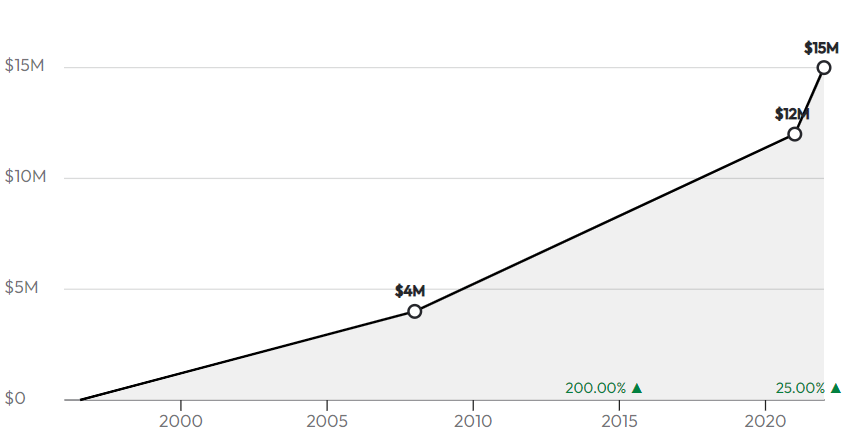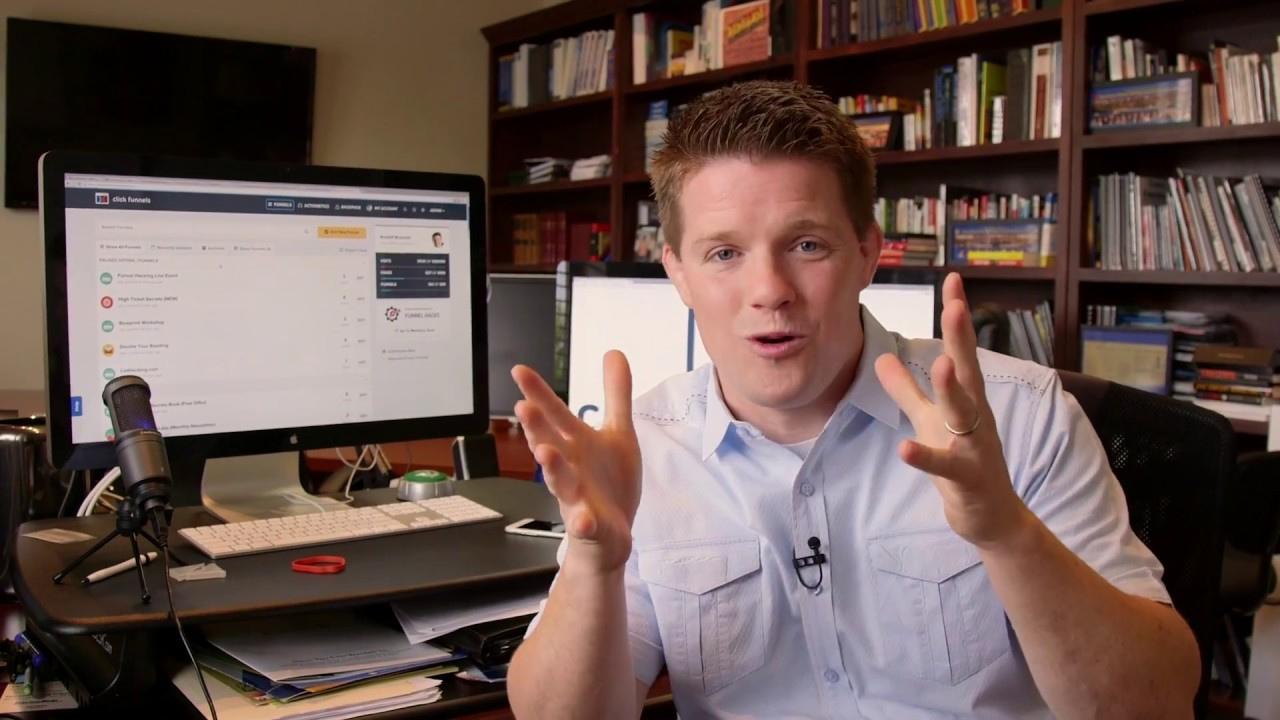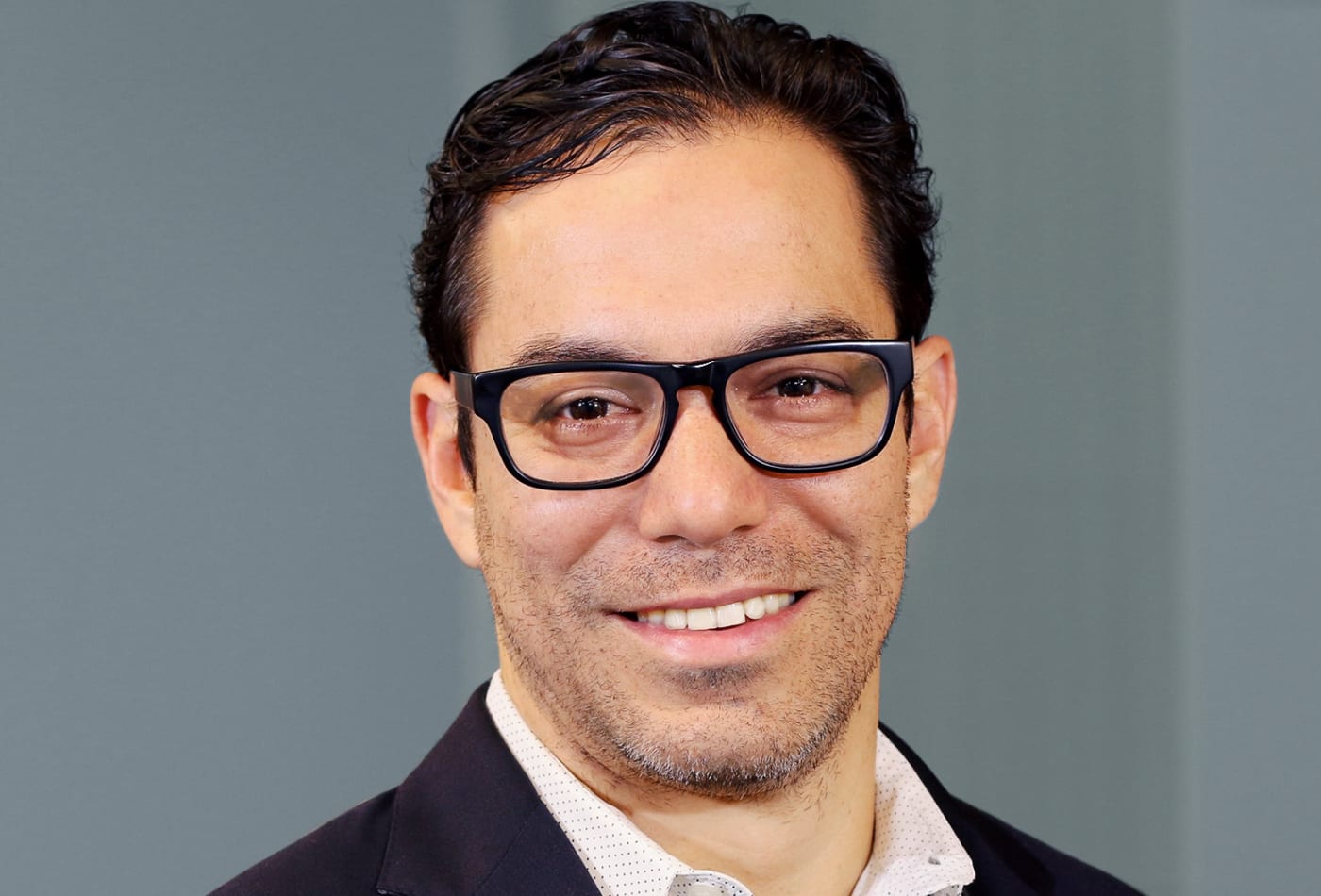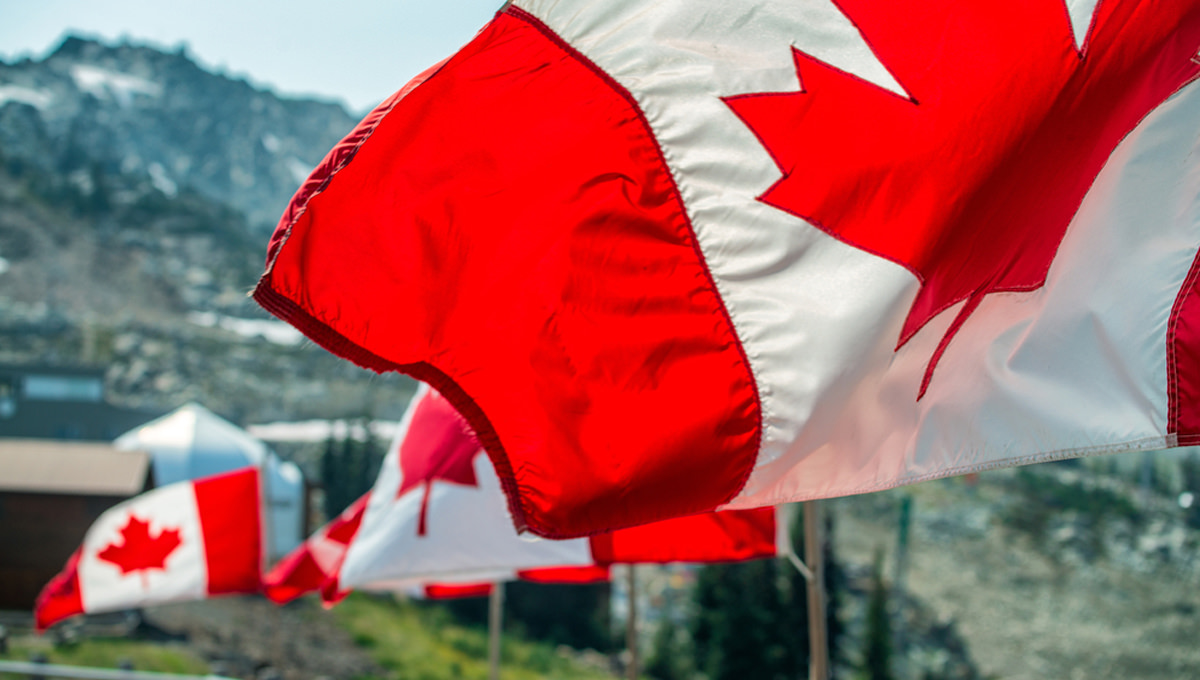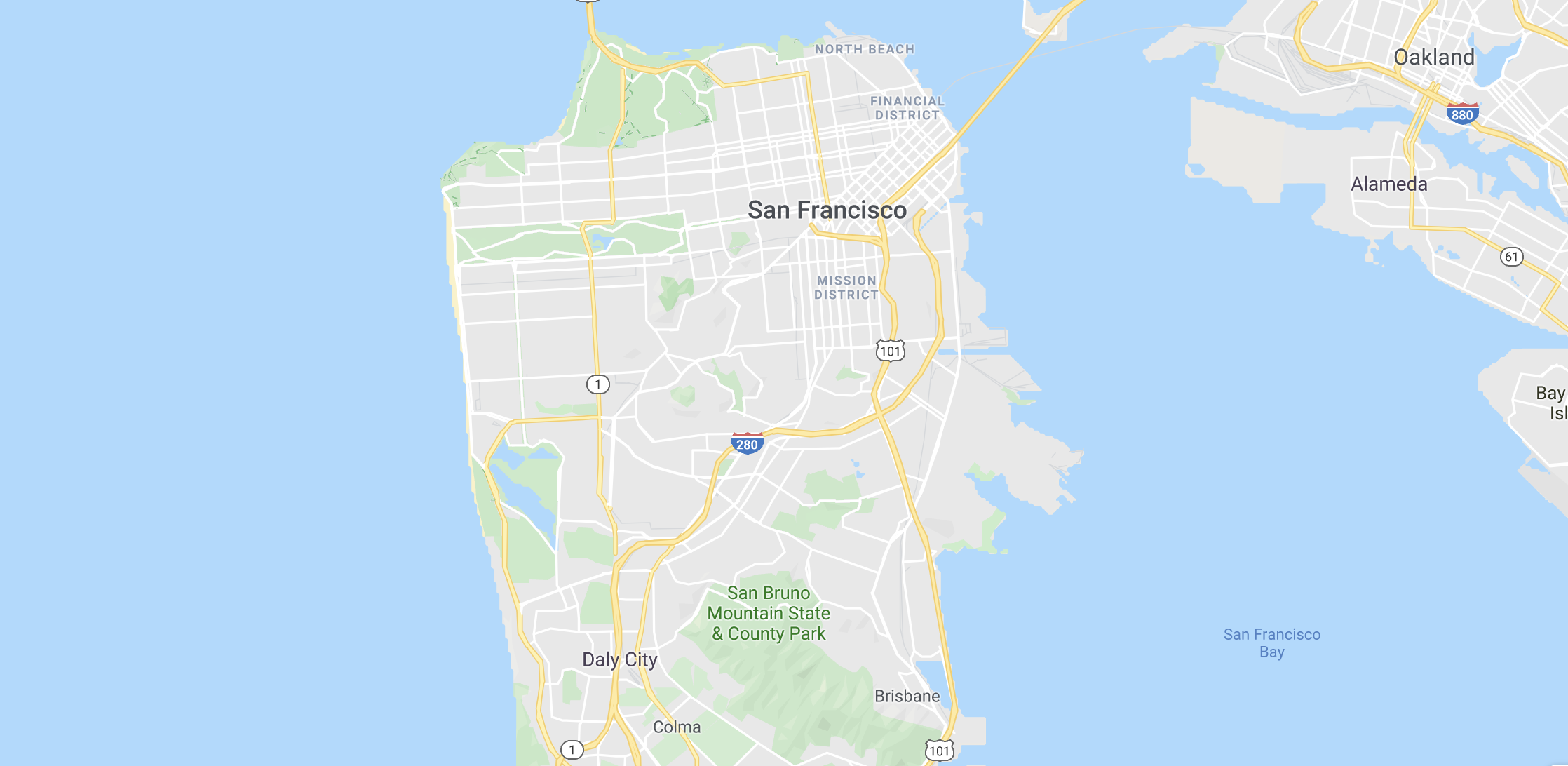As Andrej Mertelj, the longtime DataLab founder prepares to pivot his farm management info system company from public to private, he sat down with the GetLatka team to discuss the details of his IPO reversal, 14 years after the fact.
Mertelj, a self-described lifelong IT nerd, founded DataLab in 1996. Over the past quarter-century, Mertelj and his team have made DataLab an ERP leader in Southeastern Europe. Mertelj described the failings of his company that filed for bankruptcy just before launching DataLab, why he decided to IPO and now changed course, how he compensates resellers, and the age-old business problem he’s solving for farmers.
- Team of 200 with 95 engineers, 20 sales
- 36,000 ACV
- 500 farms as paying customers
First tech IP on Ljubljana Stock Exchange (XLJU) in 2008
Founder Mertelj decided it was time to take DataLab public a dozen years after launch. The June 30, 2008 IPO on Slovenia’s Ljubljana Stock Exchange wasn’t designed to raise capital. Instead, it was intended to establish the value of the company and offer stock ownership, something that would have been difficult as a private entity in Slovenia. Unfortunately for Mertelj, DataLab entered the market just before the Global Financial Crisis hit. Eventually, this period would be recognized as the worst financial crisis since the Great Depression of 1929. “It was a sleepy market, so we didn’t get the bang we hoped for,” lamented Mertelj.
Addressing basic business principle propels company to $4m ARR in 2008
At the time of the IPO, DataLab was doing roughly $4m in ARR, targeting large farms in the area. Mertelj’s ERP solution helped farmers plan and manage their business like an industrial production. “Farming is hard because of the variable environment. Factories are predictable. We wanted to simplify farm management,” explained Mertelj. As customers thrived, word spread, and so did DataLab’s business opportunities.
Accelerating to 3X to $50m in 2-3 years
After taking another 14 years to grow from $4m to $15m, Mertelj now sees growth accelerating to $50m within 2-3 years. “We are stepping up, and growth is coming extremely quickly,” noted Mertelj.
500 customers, fee based on farm size
According to founder Mertelj, DataLab customers pay for the ERP based on the size and makeup of their farm. Some pay per cow or sheep; others pay based on the size of the orchard or per hectare of land. “Customers pay roughly 1-1.8 Euros per hectare per month,” Mertelj explained.
ARR averages $36,000 per customer, $100,000 for largest
The average farmer pays DataLab $36,000 per year for ERP access, according to Mertelj. Currently, the largest customer pays $100,000 per year to simplify their farming operations.
Raising $4-5m to return to private
Mertelj announced that he and his team are currently planning to return to private. He shared that the DataLab board is discussing options with investors for $4-5m to add to the $3.5m cash on their balance sheet to complete the sale. When Latka queried Mertelj on the why, he explained, “Being public on a backcountry market isn’t the way to go. We thought the financial markets would consolidate, and we could backdoor into a bigger stock exchange like Vienna.” He added, “Unfortunately, after 2008, it went south, and those plans didn’t materialize. The market became a hurdle and has decreased our enterprise value.”
From 1994 bankrupt to 1996 bootstrap
Mertelj shared that prior to DataLab, he founded a company that assembled PCs. “We imported parts, assembled PCs, then sold them,” he explained. After loading up on chips for the holiday season, the prices dropped. As Latka pressed Mertelj on the exact cause of the bankruptcy, he responded, “we were too leveraged.” Two years later, in 1996, he bootstrapped DataLab. “I was deemed uncreditworthy. So I started in a garage with two computers and a lot of will,” explained Mertelj.
Raised first $1m two years after IPO
In 2010, DataLab raised $1m from a private Swiss investor. “Today, I am the biggest shareholder, but I don’t own the majority,” explained Mertelj. He added that he owes about 30% of DataLab. Outside investors own 10%, and 30% was given to colleagues. Mertelj added that he spun off 20% of the company to start a philanthropic foundation. When they go private, Mertelj plans to buy out the investors, small shareholders, and a shareholder banking fund.
Sales team of 20 supported by a reseller network
About 10% of DataLab’s 200 employees are in sales, estimates Mertelj. To supplement its sales efforts, Mertelj taps into a reseller network. “We partner with those who bring value, like accounting services.” When Latka asked where he finds the farming accountants, Mertelj quipped, “we start in the rural areas.”
Maximum 3-year commissions for partners
Mertelj strongly believes in limiting the commission structure for his partners. Depending on the deal details, the partner gets commissions for a maximum of 1 to 3 years. Mertelj explained, “Perpetual commissions are a killer for the business. Sooner or later, your partner will treat the investment as a pension fund, will lose incentive to sell more, and it’s a death spiral.”
Founder calls $20m stock exchange valuation “low”
The Ljubljana Stock Exchange pegs DataLab’s valuation in the low $20m range. Naturally, Latka asked Mertelj if he would sell if he got a $20m cash offer. He emphatically answered no, adding, “I believe the business is worth much more. We have $3.5m profit on a $5m cash flow. We are growing 15-30% YOY. I believe in the strength of the company.” Mertelj continued, “I don’t see many solutions like ours in the market. Plus, I wouldn’t know where to invest if I did sell.”
Famous Five with Andrej Mertelj
CEO and founder of DataLabs Andrej Mertelj shared that his favorite book is a series of three: The Mars Trilogy by Kim Stanley Robinson. Andrej indicated that he used to follow many CEOs, but “now I’d rather read or follow philosophy.” He reluctantly shared that his favorite tool to build DataLabs is a classic: Excel. Andrej sleeps seven hours per night. He is a divorced, single father of two. Andrej divulged his age as an “ancient 52”. At 20, Andrej wishes he had known how to get his temper under control.
